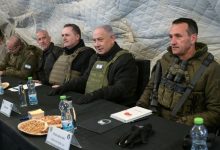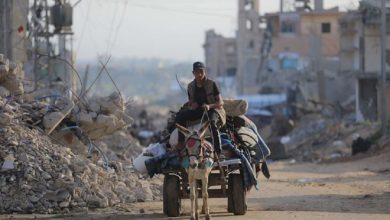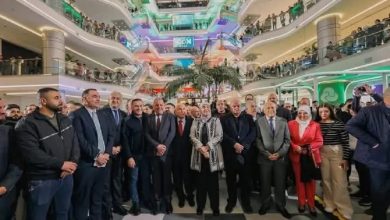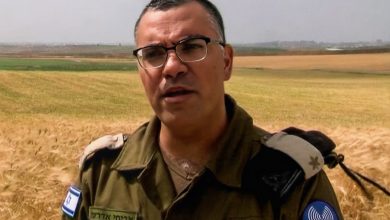UAE’s Hidden Role in Gaza: Displacement Plans, Israeli Ties, and the Fight to Reshape the Strip
Leaked reports reveal the UAE’s alleged strategy to depopulate Gaza, marginalize Palestinian resistance, and align reconstruction with Israeli security demands—all while maintaining a public face of humanitarian aid.
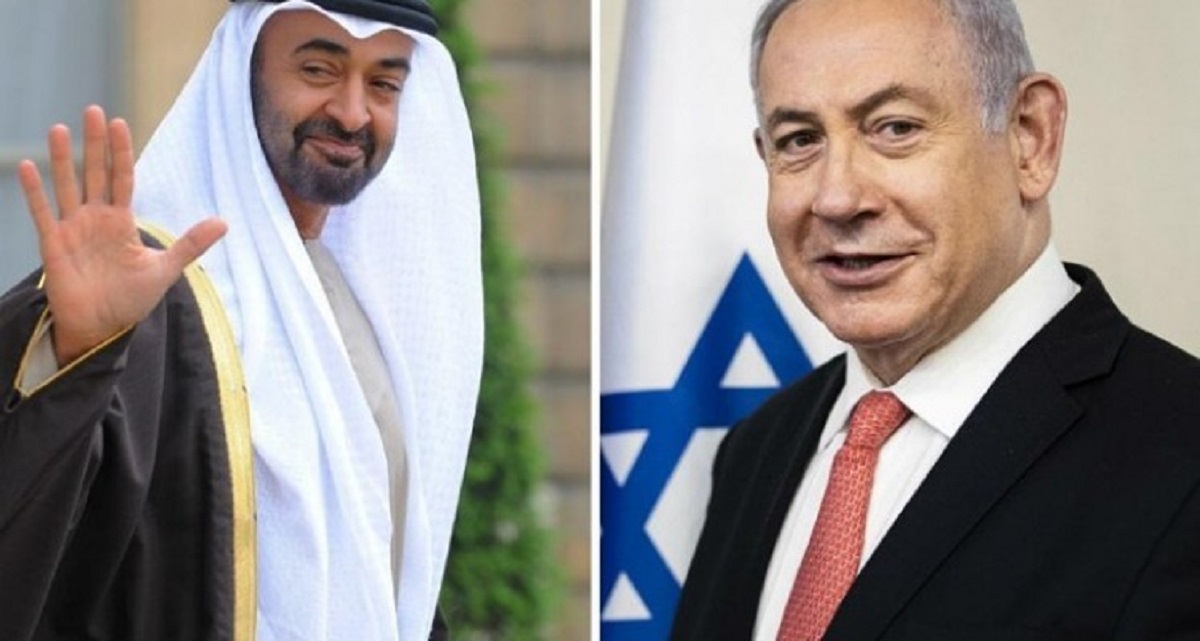
Watan-Arab media sources have revealed consistent new details about the United Arab Emirates’ alleged plan to neutralize Gaza, displace its population, and eliminate it as a hub of Palestinian resistance that could threaten Israeli occupation in the future.
The UAE is reportedly pressuring Egypt by offering a comprehensive political agreement designed to convince Cairo to accept a plan for the forced displacement of Palestinians from Gaza—a plan originally proposed by former U.S. President Donald Trump and widely rejected by Arab countries, particularly Egypt and Jordan.
Abu Dhabi is working to shape a deal that meets Egypt’s baseline demands, such as keeping some form of resistance within Gaza and avoiding the complete depopulation of the territory. In return for its cooperation, Egypt would receive financial support. The UAE has positioned itself as a mediator between the U.S. and Egypt to facilitate the agreement.
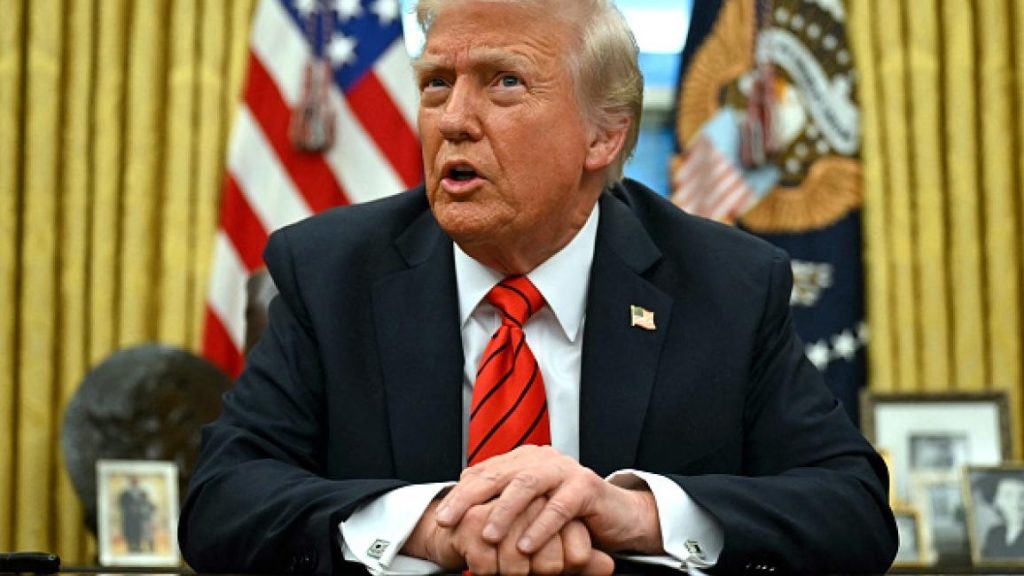
UAE’s Quiet Push to Redesign Gaza
While the UAE’s proposals appear to support Arab reconstruction efforts in Gaza, their underlying goal, according to sources, is to remove all resistance fighters from the Strip and implement plans that align with Israel’s objective to neutralize Gaza as a future threat.
This plan reportedly includes relocating resistance members to third-party countries—not Egypt—with Israeli coordination, and barring their return. Elderly family members may be allowed to remain in Gaza, which would then be rebuilt under specific Israeli-imposed security arrangements.
The UAE has also pitched investment initiatives in Gaza, which have received Israeli backing and were discussed during UAE National Security Advisor Tahnoun bin Zayed’s recent visit to Washington.
Separately, Le Monde exposed what it described as the UAE’s duplicity regarding the war in Gaza—publicly aligning with Arab consensus on Palestine while deepening strategic ties with Israel. French historian Jean-Pierre Filiu described this as the UAE’s “Gaza trilogy,” where Abu Dhabi outwardly supports Palestinian rights but privately backs Trump’s controversial plan to turn Gaza into a “Middle Eastern French Riviera” after depopulation.
Filiu noted that this rhetoric was echoed in Dubai by Yousef Al-Otaiba, the UAE’s long-serving ambassador to Washington and a key figure in lobbying U.S. administrations. Al-Otaiba played a central role in the 2020 Abraham Accords, which normalized relations between the UAE and Israel—an agreement widely condemned in the Arab world as a betrayal of the Palestinian cause.
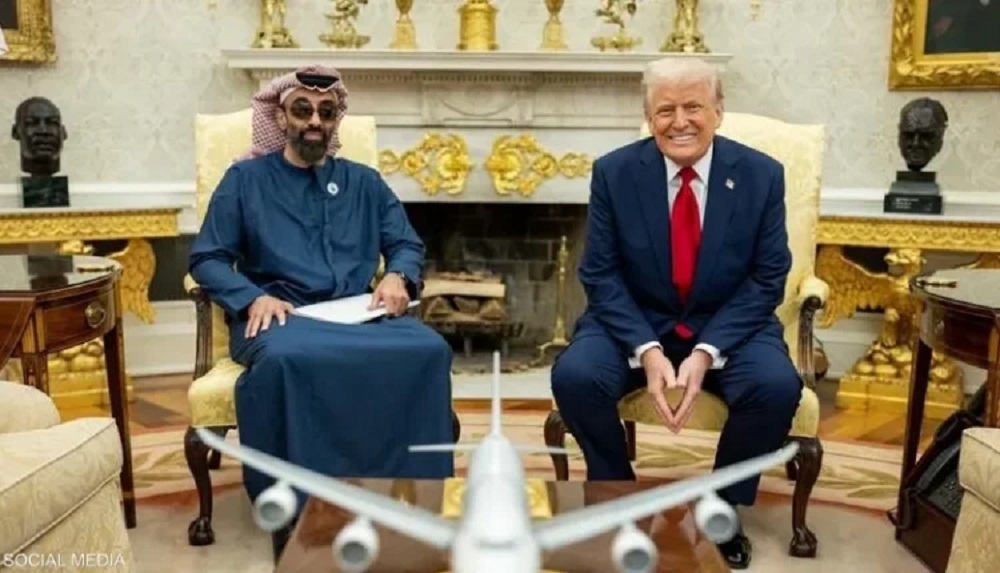
UAE Aid in Gaza: Strategy Over Solidarity
According to Filiu, Al-Otaiba’s remarks reflect the deeper strategic direction of the UAE leadership, despite its official participation in Arab declarations supporting a Palestinian state. This alignment with the Trump-Netanyahu “Peace to Prosperity” vision—rejected by Palestinians for promoting annexation—continues to influence Emirati policy.
Abu Dhabi is also reportedly working to undermine Mahmoud Abbas’s influence in Gaza by backing his rival, Mohammed Dahlan, a Gaza-born former Fatah leader who now resides in the UAE. Although Dahlan’s supporters are visible in refugee camps, they have not returned to Gaza due to Hamas’s dominance and restrictions on their operations.
Amid a lack of credible Palestinian political partners, the UAE launched a humanitarian initiative in March 2024 with the U.S.-based NGO World Central Kitchen to deliver sea-based aid to Gaza from Cyprus. However, this effort collapsed following an Israeli airstrike on April 1, 2024, that killed three international volunteers, three British security guards, and a Palestinian driver.
Although the UAE later sent 2,500 aid trucks via Egypt, these only covered about five days of Gaza’s basic needs. Attempts to prevent Egyptian intermediaries from exploiting the aid for political gain were largely unsuccessful, undermining the UAE’s narrative of silent humanitarian leadership.
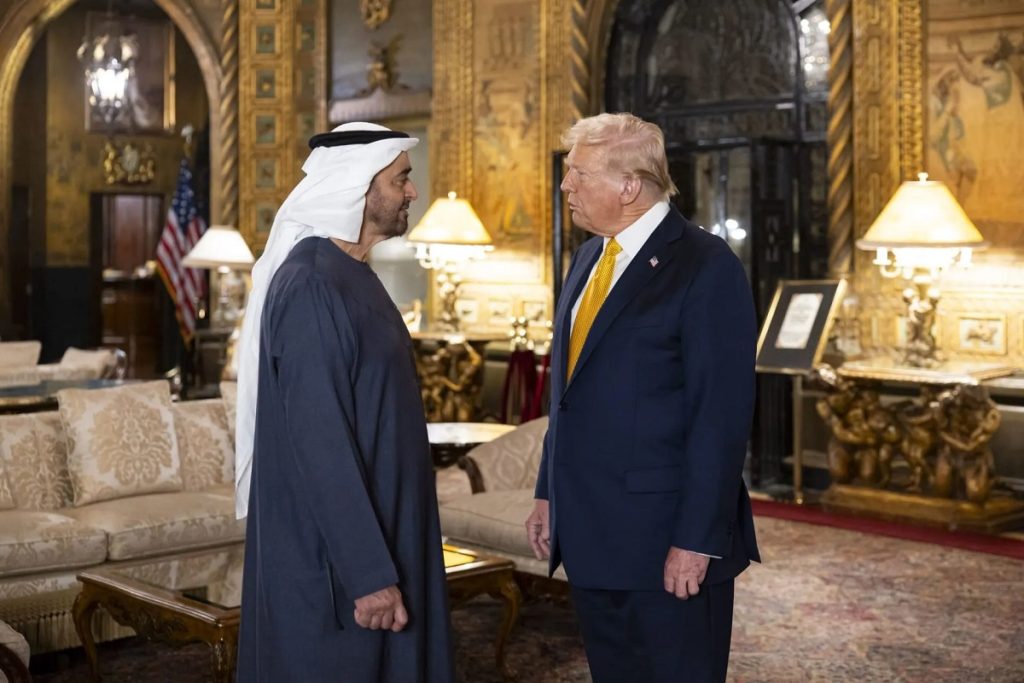
Filiu acknowledged that Gaza residents appreciated the quality of the Emirati aid—food, clothing, and medical supplies—and that President Mohammed bin Zayed oversaw the evacuation of hundreds of injured individuals to Abu Dhabi. Still, the scale of the effort fell short of Gaza’s actual needs, which include an estimated 12,000 medical evacuations.
The historian concluded that UAE National Security Advisor Sheikh Tahnoun bin Zayed’s visit to the White House—coinciding with the renewed Israeli offensive in Gaza and followed by a dinner with Donald Trump—amounted to tacit Emirati approval of the ongoing war, given the absence of any public mention of the humanitarian crisis.


